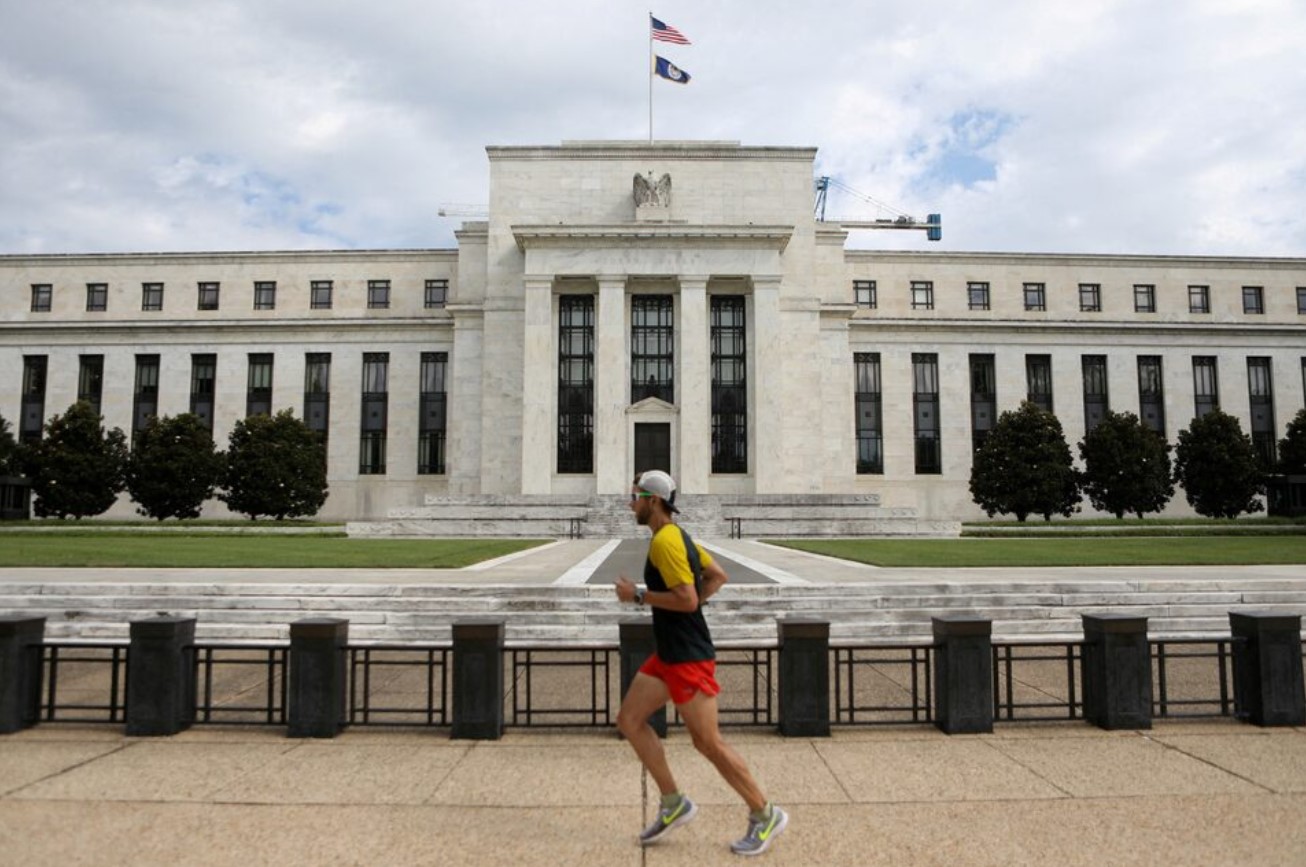The Federal Reserve held interest rates steady on Wednesday but opened the door to reducing borrowing costs as soon as its next meeting in September as inflation continues coming into line with the U.S. central bank’s 2% target.
“There has been some further progress towards the Committee’s 2% objective,” the central bank’s Federal Open Market Committee said in a statement at the end of a two-day policy meeting in which it kept its benchmark overnight interest rate in the 5.25%-5.50% range, but also set the stage for a rate cut at its Sept. 17-18 meeting, just seven weeks shy of the Nov. 5 U.S. elections.
While Fed officials are wary of any actions that could mar their data-not-politics approach to setting monetary policy, the steady drop in inflation in recent months prompted a broad consensus that the inflation battle was near its end.
Inflation, the Fed said, was now just “somewhat elevated,” a key downgrade from the assessment that it has used throughout much of its battle against rising prices that inflation was “elevated.”
The central bank uses the personal consumption expenditures price index for its 2% annual inflation target. The PCE price index rose 2.5% in June after exceeding 7% in 2022.
In addition, the Fed removed standing language that it was “highly attentive to inflation risks,” and replaced it with an acknowledgement that policymakers were now “attentive to the risks to both sides of its dual mandate,” which includes a charge from Congress to maintain maximum employment consistent with stable prices.
U.S. central bankers have said it would be appropriate to reduce borrowing costs before inflation actually returns to their target to account for the time it takes monetary policy to affect the economy.
So far the economy “has continued to expand at a solid pace,” the Fed said in its latest policy statement, and while “job gains have moderated,” the unemployment rate “remains low.”
But the jobless rate has been rising, and policymakers have put more focus of late on avoiding the sort of sharp rise in unemployment often associated with high interest rates and slowing inflation.
The Fed did not commit in its statement to a rate cut in September, and repeated that policymakers still need “greater confidence that inflation is moving sustainably towards 2%” before lowering borrowing costs.
But the changes to the statement seem consistent with that confidence being reached by September, something investors have been expecting. The Fed raised rates aggressively from March 2022 to July 2023, hiking the benchmark rate by 5.25 percentage points to combat the worst outbreak of inflation in 40 years.
Fed Chair Jerome Powell will hold a press conference at 2:30 p.m. EDT (1830 GMT) to elaborate on the central bank’s latest statement and the outlook for the economy and interest rates.
The new policy statement was approved unanimously.







Click here to change your cookie preferences